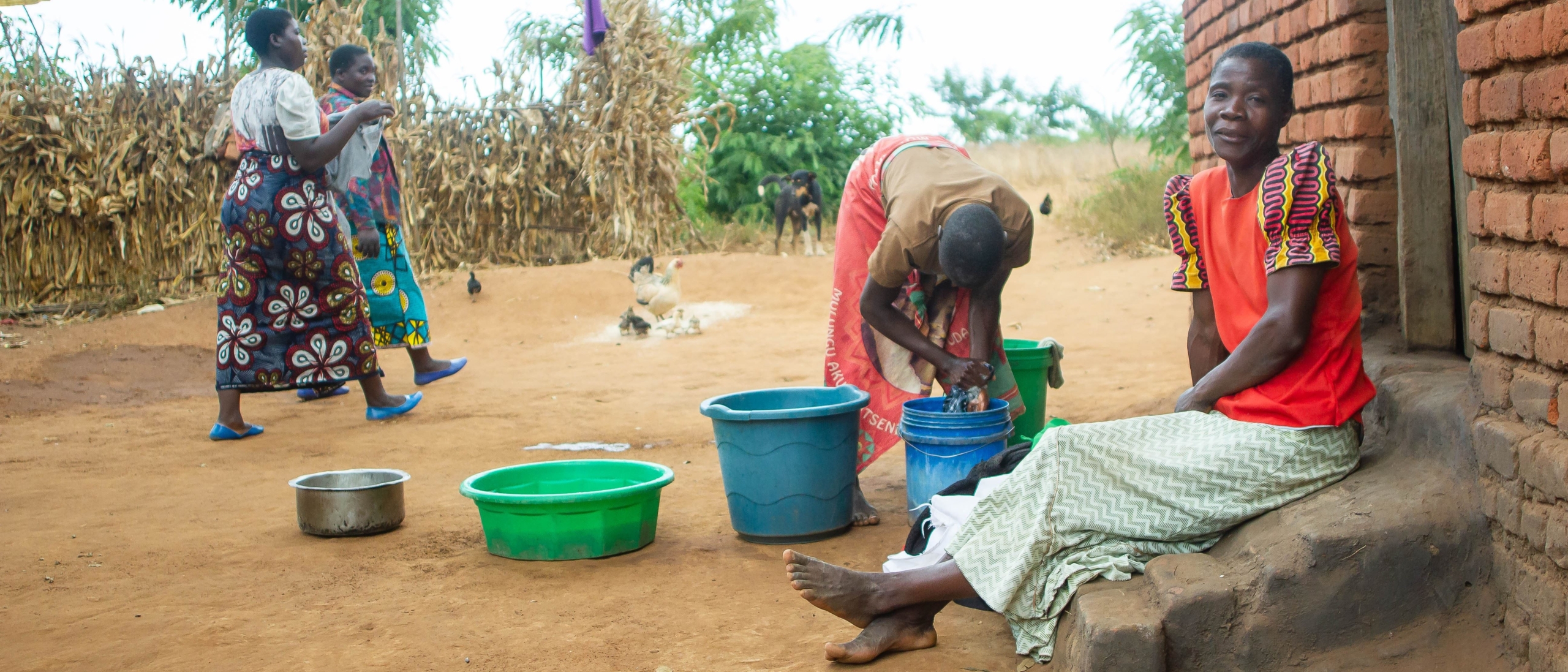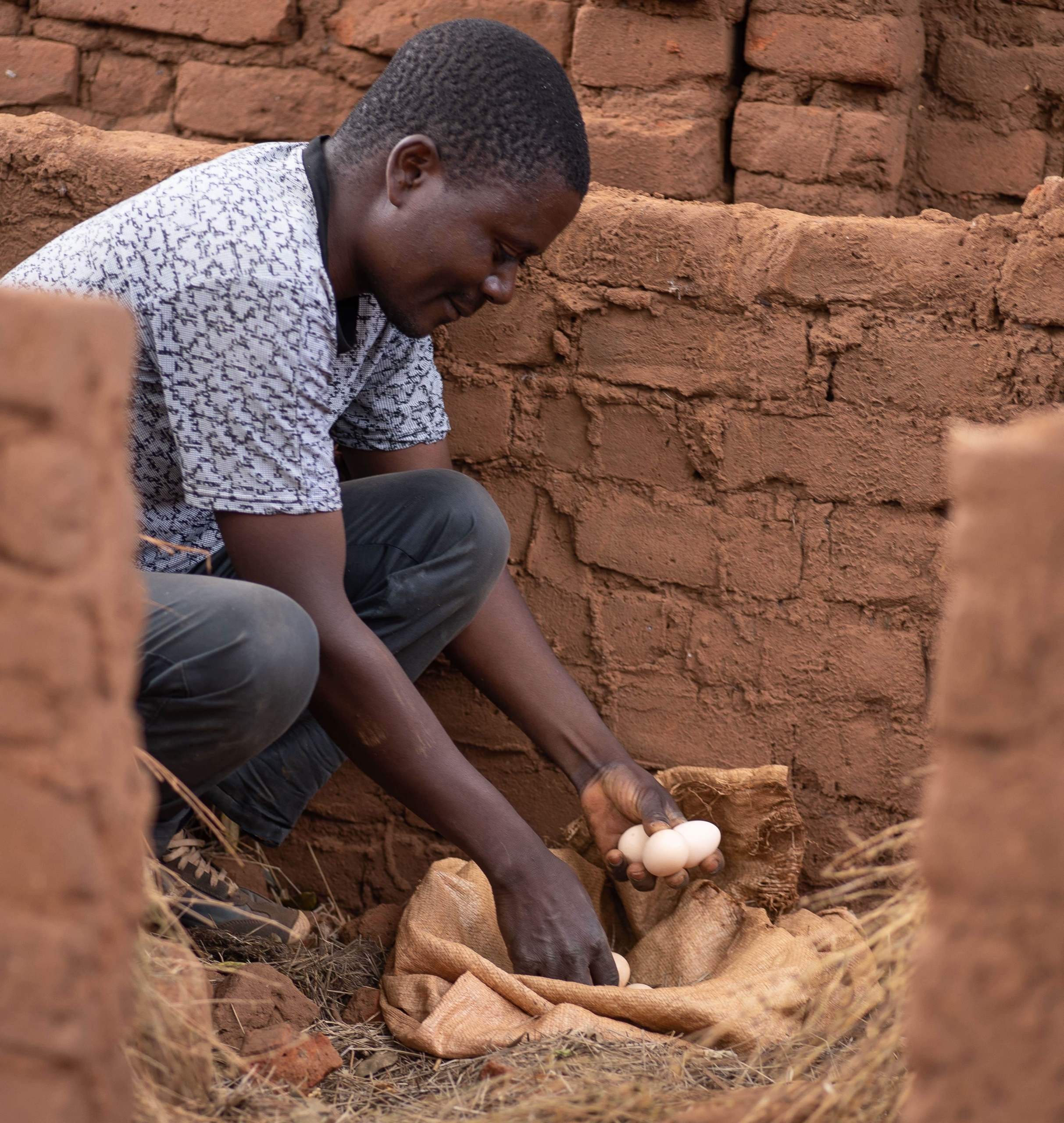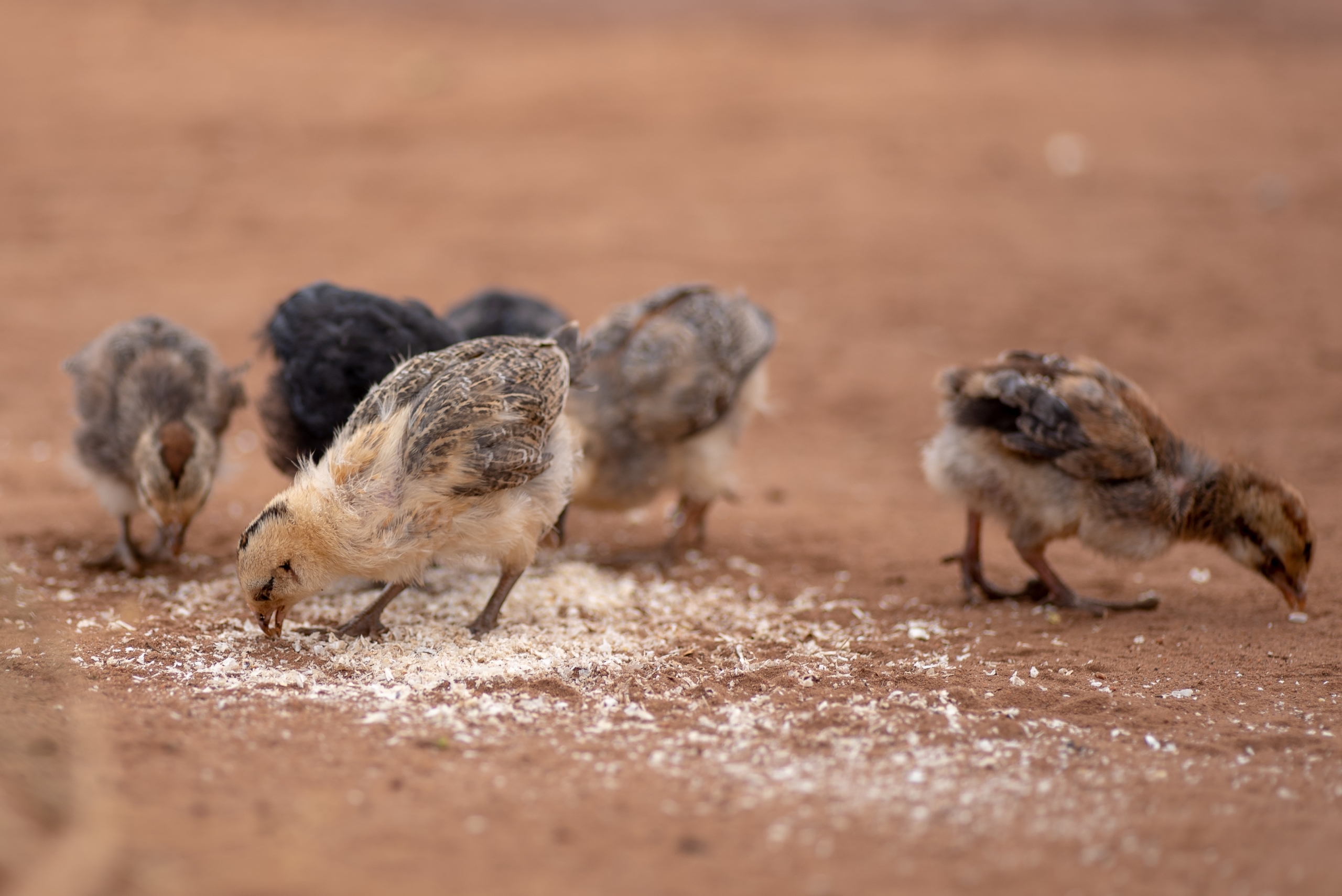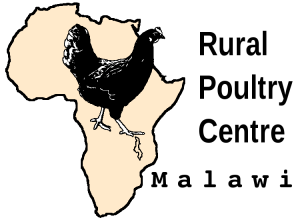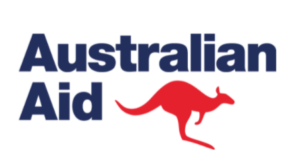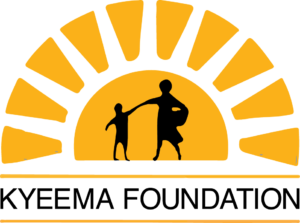Empowering Communities Through ‘Village Poultry for Better Livelihoods’ Project
The “Village Poultry for Better Livelihoods” (VP4BL) project, running from January 2022 to June 2024, has brought significant improvements to the lives of smallholder farmers in the Dowa East District of Malawi. This initiative, supported by the Australian NGO Cooperation Program (ANCP) and managed by Kyeema’s partner the Rural Poultry Centre, aimed to enhance poultry farming practices, thereby improving livelihoods in the community.
The recent end-of-project survey offers a comprehensive overview of the project’s impact. Here’s a closer look at the key findings:
Improved Poultry Ownership and Production
One of the most remarkable achievements of the VP4BL project is the substantial increase in poultry ownership and production. Compared to the baseline survey conducted in 2022, the number of chickens owned per household saw a 40% increase, and chicken production per household jumped by 33%. The average household now owns 9.4 chickens, with 78% of households survey engaged in poultry farming.
Reduced Poultry Losses
Newcastle Disease (ND), a significant threat to poultry, was effectively managed through the project’s vaccination programs. Losses due to ND plummeted from 10.8% in 2022 to just 3.4% in 2024. Although there was a rise in losses due to accidents, predation, and theft, the overall effectiveness of the vaccination programs is evident.
Vaccination’s Vital Role
Vaccination proved to be a game-changer for poultry farmers. The proportion of households vaccinating their poultry increased from 11.5% in 2022 to 58% in 2024. These households enjoyed a 52% higher flock size and an 83% increase in chicken production compared to non-vaccinating households. The benefits of vaccination are clear, demonstrating its critical role in enhancing poultry farming.
Empowering Women and Enhancing Livelihoods
Women and children are at the heart of poultry management in the surveyed households. Women predominantly cared for the chickens, while decision-making was more evenly split, especially in male-headed households. The project also significantly improved livelihoods, with 58% of vaccinating households reporting increased livelihoods compared to just 24% of non-vaccinating households.
A Pathway to Sustainable Livelihoods
The VP4BL project has successfully demonstrated how targeted interventions in poultry farming can lead to substantial improvements in community livelihoods. By focusing on vaccination, inclusive participation, and gender dynamics, the project has laid a robust foundation for sustainable development in the Dowa East District. As we celebrate these achievements, it is essential to continue supporting such initiatives that empower communities and foster resilience.
The impacts of the VP4BL project underscores the transformative power of community-driven development and the significant impact of well-implemented agricultural interventions. Thank you to the Rural Poultry Team and the continued support of the Australian Government through the Australian NGO Cooperation Program.

